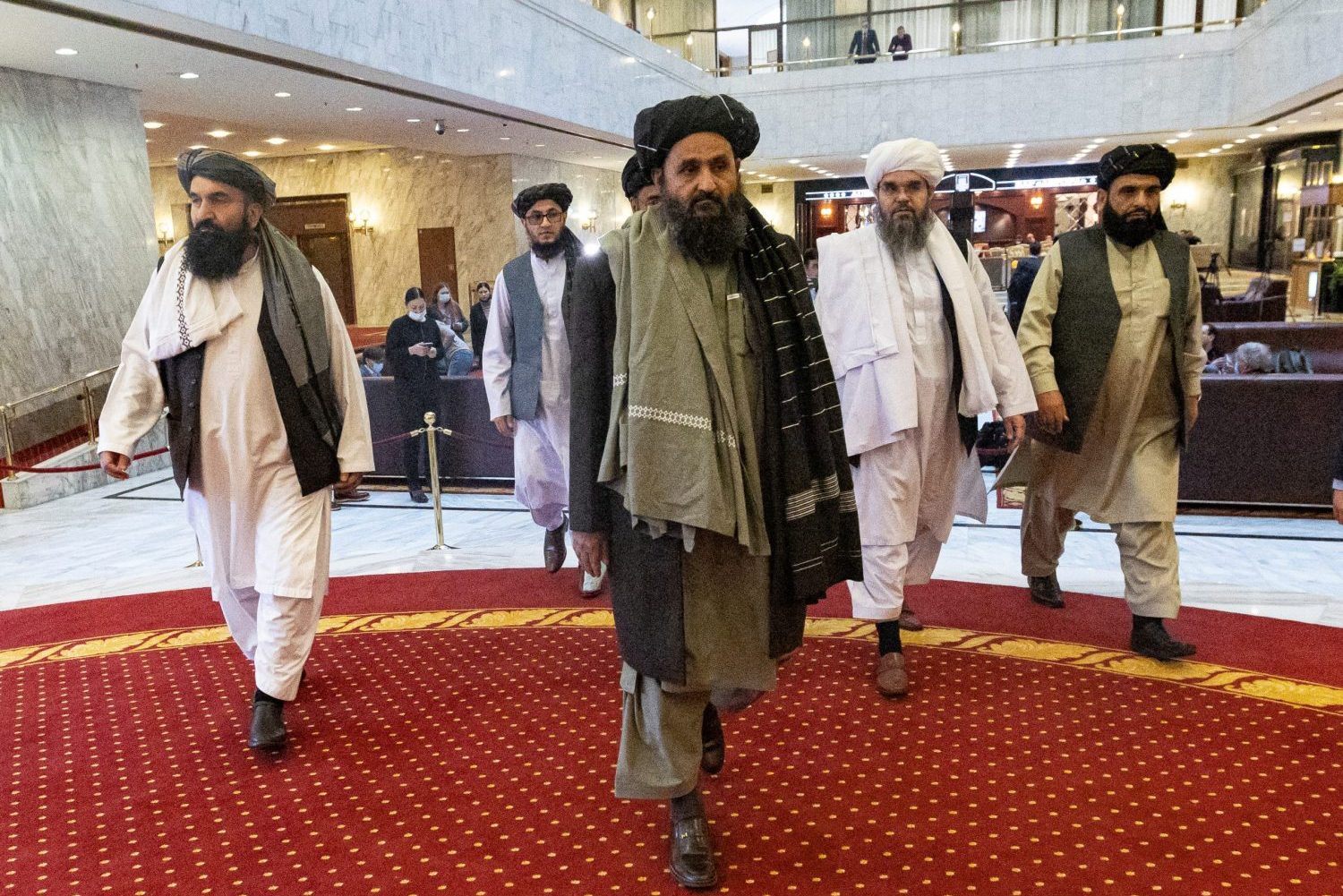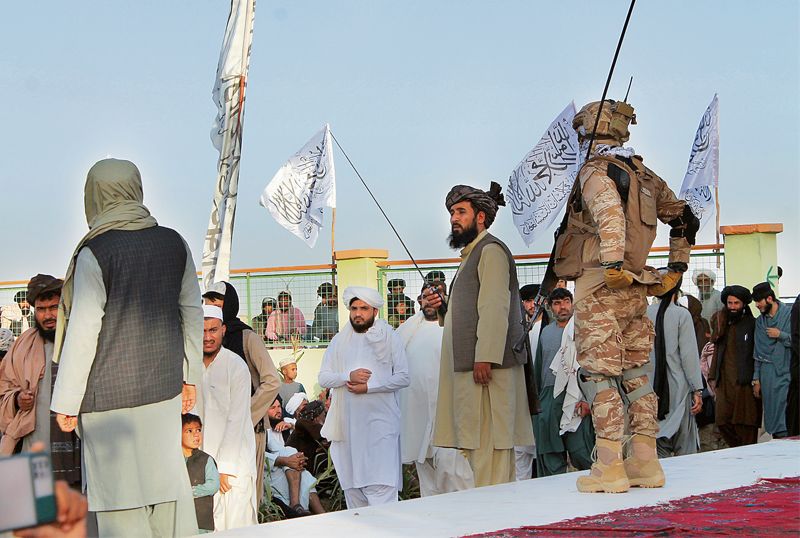Taliban’s acting foreign minister Amir Khan Muttaqi boarded on a visit to Pakistan on November 10, and days before that, one of his assistants reached out to the intermediary to determine whether there were any issues related to India that needed to be talked about in Islamabad during the scheduled meeting. The aide from Muttaqi’s office also wanted to ascertain if there was any sensitivity between both the countries that needed to be in mind during the Taliban foreign policy chief’s engagement with the Pakistani leaders.

The aide was informed about the offer made by India a few weeks back to provide 50,000 tonnes of wheat to Afghanistan, and also about the need to make appropriate travel arrangements for hundreds of those stranded across India after the fall of Ashraf Ghani’s government in Kabul. The aide asserted the need to have a conversation to participate and get involved in the offer made by India for the betterment of the people of Afghanistan. Pakistan has not responded to India’s offer to ship wheat to Afghanistan via the Wagah border crossing, as there are no direct flights in function.

During the three-day-long visit by the Taliban’s delegation led by Amir Khan Muttaqi and conversations were held on both the concerns with Pakistan’s top leadership including foreign minister Shah Mahmood Qureshi and Prime Minister Imran Khan. As a result of that, Imran Khan on November 22 announced his government’s approval on the shipment of wheat from India as soon as the legal procedure worked out between Islamabad and New Delhi. Imran Khan also asserted that Pakistan would also assist the return of the Afghans stuck in India because of their medical treatments.
A meeting was held between the senior security representatives of seven countries including those of Iran and Russia that was convened by India on November 10th. The Taliban’s balanced response and Muttaqi’s outreach is being seen as the Taliban’s attempt to strike a balance and put in a lot of effort to forge the relations between India and Pakistan.
Zabiullah Mujahid, the Taliban’s spokesperson, had said the first regional meeting held in Afghanistan and was assembled by India was in the “better interest of Afghanistan” and restated the policy of not allowing Afghanistan soil to be used against any other country. He also emphasized that he had no objection or any anxiety about the meeting.
Mujahid asserted, “Though we are not present in this conference, we firmly believe this conference is in the better interest of Afghanistan and the participating countries also must be thoughtful in improving and safeguarding the security situation in Afghanistan and helping the current government to ensure security in the country on its own.”

It is not easy to judge their sincerity, but the Taliban do seem to be making efforts to create an impression that they want to maintain a balance between India and Pakistan. Also, it suits the Taliban not to be seen as all reliant on Pakistan for most of their concerns, a person cited.
The Indian Government opened channels of communication with a section of the Taliban’s leadership last year. It also made it clear that they are in no rush to recognize the Taliban’s setup of government in Afghanistan. India has insisted that Afghanistan must not be used for executing terror attacks on other countries and also an inclusive government needs to be formed for the advancement of the people of Afghanistan.
Foreign secretary Harsh Shringla participated in an online event that was organized by the Indian chamber of commerce, affirmed India’s side of the conversation with the Taliban to be “very assuring”. Having said that, he also emphasized the world community’s concerns about the Taliban.
Apart from all the things said one of the major statements made was “One is an inclusive negotiated political settlement, the second is that its territory should not be used against the detriment of any others, the third is that they should provide humanitarian access, the fourth is that there should be no human rights abuses on women, children, and minorities.”
Also Read: Geopolitics in the South China Sea and the adumbration of Covid-19
















